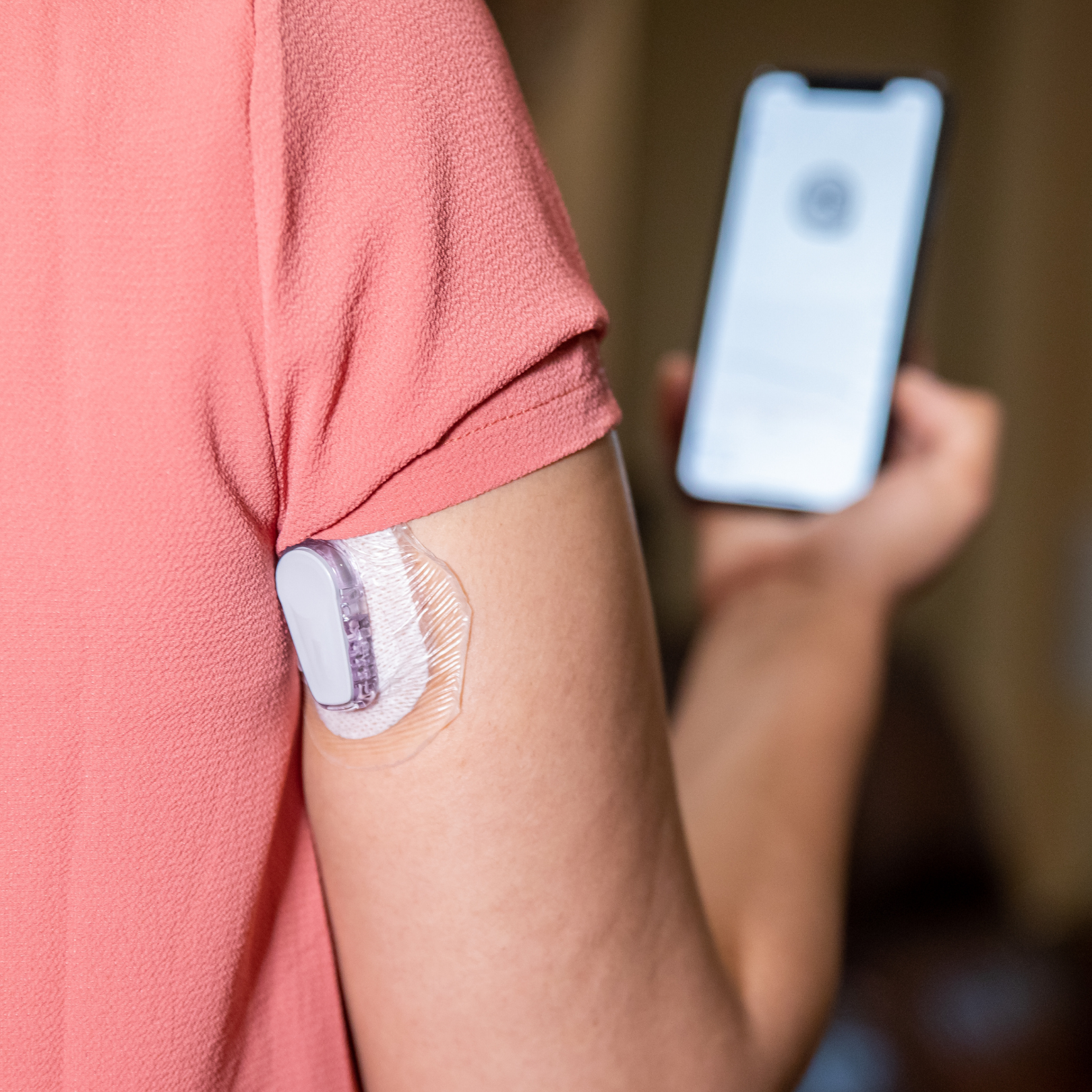At Texas Diabetes and Endocrinology, we are dedicated to advancing medical therapies through rigorous clinical research trials. Our research department aims to test new and promising treatments before they become widely available, providing a vital service to both the medical community and our patients.
What are clinical research trials?
Clinical research works to advance medical or device therapies by testing new and potential treatments before they are available to the public.
At TD&E, we offer many clinical research trials for patients to participate in if interested.
Our research goals at TD&E are to (1) help with the advancement of new therapies and devices, and (2) to improve a patient’s quality of life by offering new and alternative therapies to which they might not otherwise have access.
Here’s what you should know about voluntary participation in clinical research trials we offer at TD&E Research.
What is the benefit to the patient for participating in clinical research trials?
Clinical trials give patients an opportunity to help with the advancement of medications, devices, and innovative ways to treat different conditions and diseases. Participation in a clinical research trial also affords patients a unique opportunity to learn more about their condition and take an active role in their health.
Are all patients eligible to participate in TD&E clinical research trials?
Patients must first meet specific inclusion criteria to participate in a clinical trial.
What are the additional requirements for participating in a trial?
Clinical research trials often require additional procedures beyond what is included in your regular care such as more lab work (blood and urine samples), ECGs, questionnaires, dietician consultations, and visits with our clinical research team. Patients will be asked to keep in close contact with our office if they experience any medical or health issues associated with their new trial treatment.
How much time do research visits typically take?
Research visits can take approximately one to three hours depending on the type of visit and requirements needed for the study.
How long do research trials usually last?
The time period for clinical trials varies, but they can last anywhere from a singular, one-time visit up to five years depending on the data needed.
Is there a cost associated with participating in a clinical research trial at TD&E?
There is no cost to our patients for their participation, and most studies will compensate for the time and travel for completing required visits and procedures.
Clinical Trials at Texas Diabetes and Endocrinology Research
You can learn more about our research department and currently enrolling clinical trials here. Please feel free to contact us at (512) 334-3505, option 4 to speak to a recruiter about our enrolling studies.
Don’t forget to follow us on Facebook and Instagram and check back with us each month as we provide you helpful wellness and health information.




